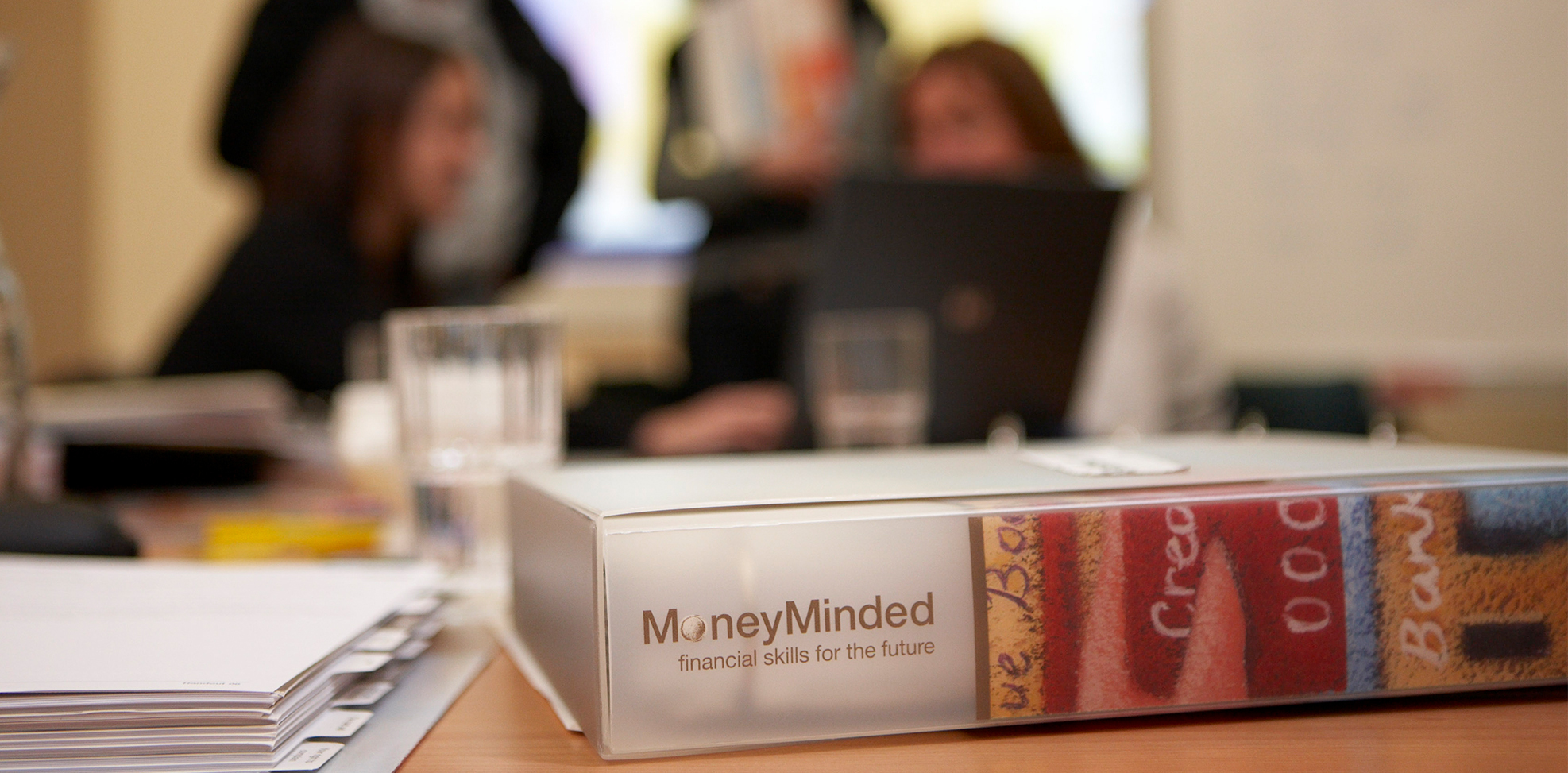Income and social security
Our research looks at the interaction between employment, social security, and taxes and transfers.
We’re working to learn how policies help or hinder people’s economic security. This research is used to inform our advocacy and program development and delivery.

Income
For most Australians of working age, the main source of income is wages. However, low wage growth and increasingly insecure work means that people living on low or fluctuating incomes face extra risks and tough choices.
Low incomes over a working life can put people, especially women, at great risk of poverty later in life. They may be unable to afford decent housing, transport or health services.
Our income research is interested in how households make ends meet and what policies and programs are needed to help them build economic security.
Despite sustained economic growth in Australia, inequality persists and the gap between the rich and the poor is widening.
The decline in entry-level and semi-skilled jobs, coupled with increased restrictions on government income support, has compromised some people's ability to earn a stable income. It can also limit their access to necessities such as housing, transport, care services, health services and education.
Services such as disability or aged care are increasingly complex and require specific knowledge and skills to navigate.
Our financial capabilities research examines what is needed to help people to understand their entitlements and gain economic security. We work with others to develop products and programs, while advocating for change.
Find all recent publications on Income (2000–present)
Visit the BSL library for our earlier research on Income (pre 2000)
Social security
Social security enhances wellbeing, reduces vulnerability to 'shocks' and enables people to participate fully in social, economic, political and cultural life.
Our research looks at the interaction between employment, income support, and taxes and transfers.
We examine the impacts of current policies and consider alternatives such as Universal Basic Income to inform advocacy for an equitable social security system. This work is central to achieving economic security for all.

Find all recent publications on Social security (2000–present)
Visit the BSL library for our earlier research on Social security (pre 2000)
Related external publications
Phillips, B & Narayanan, V 2020, Financial stress and social security settings in Australia , ANU Centre for Social Research and Methods, Australian National University, Canberra.
Yanotti, M, Banks, M, de Silva, A, Anantharama, N, Whiteford, P, Bowman, D & Csereklyei, Z 2021, The utility of new data in understanding housing insecurity , AHURI final report no. 351, Australian Housing and Urban Research Institute Limited, Melbourne. DOI:10.18408/ahuri5321801.
Selected publications
This report builds on previous Saver Plus evaluations and investigates the impact of Saver Plus after 21 years of delivery, exploring the long-term impact of the program on savings, financial skills and confidence. We also explore the effect of these changes on overall resilience.
Read reportHow has becoming and being a parent affected the economic security and financial wellbeing of participants in our Life Chances longitudinal study?
Read reportHow has the cost-of-living crisis intersected with long-term drivers of financial stress?
Read reportHow can the Family Tax Benefit (FTB) better meet the needs of today’s families?
Read reportAdopting a gender lens helps to identify barriers affecting women and create opportunities to improve women’s financial wellbeing in regional towns.
Read reportUnderstanding which households experience energy stress is important for policy development in the context of rising energy prices and the move to decarbonise the economy.
Read reportSelected projects

How well are Australia’s current family assistance payments supporting low-income parents to meet the needs of their children and achieve economic security?
Learn more
What are the drivers and impacts of financial stress for low-income people and what are the policy implications?
Learn more
How do people on lower incomes in regional, peri-urban and urban locations experience and respond to financial challenges?
Learn more
The SEED Project was developed and implemented in Seymour, a small regional town in Victoria. The SEED model brings together research, policy, and practice to better understand the issues that shape women’s financial wellbeing and respond to them at an individual, local, state and national level.
Learn more
Understanding patterns of financial wellbeing is a key to protecting Australians against financial distress in times of crisis.
Learn more
To tackle inequality we need to understand how issues like payment conditions and tax policies are connected and can trap single mothers in poverty.
Learn more
An ongoing project exploring how income support could be made adequate and fair the adequacy and targeting of income support
Learn more
How common are late receipt of Newstart Allowance and volatile payment amounts?
Learn more
How can ‘real-time’ data help us to understand the financial dimension of housing insecurity
Learn more
Stepping Stones offers training, mentoring and support to help women from refugee and migrant backgrounds expand their business skills and increase their participation in business and the community.
Learn moreLooking for services related to income and social security?

Go to the Money Smart website to find services that can help you.
Learn more
Given the Chance is one of our longest running and most effective employment support programs.
Learn more
Our Youth Transitions Support Pilot Program helps young refugees participate in the community through work, education and sport.
Learn more
Creating Futures for Youth empowers young people to pursue their career goals and build their capacity to work or undertake further learning.
Learn more
Join Australia’s award winning free financial education and matched savings program and receive up to $500 for you or your children’s education.
Learn more
We offer community workers training in MoneyMinded, Australia’s largest adult financial education program.
Learn more
Our approach to working with people with disability focuses on building a sense of wellbeing and autonomy. We recognise the importance of family, friends, carers and community.
Learn more